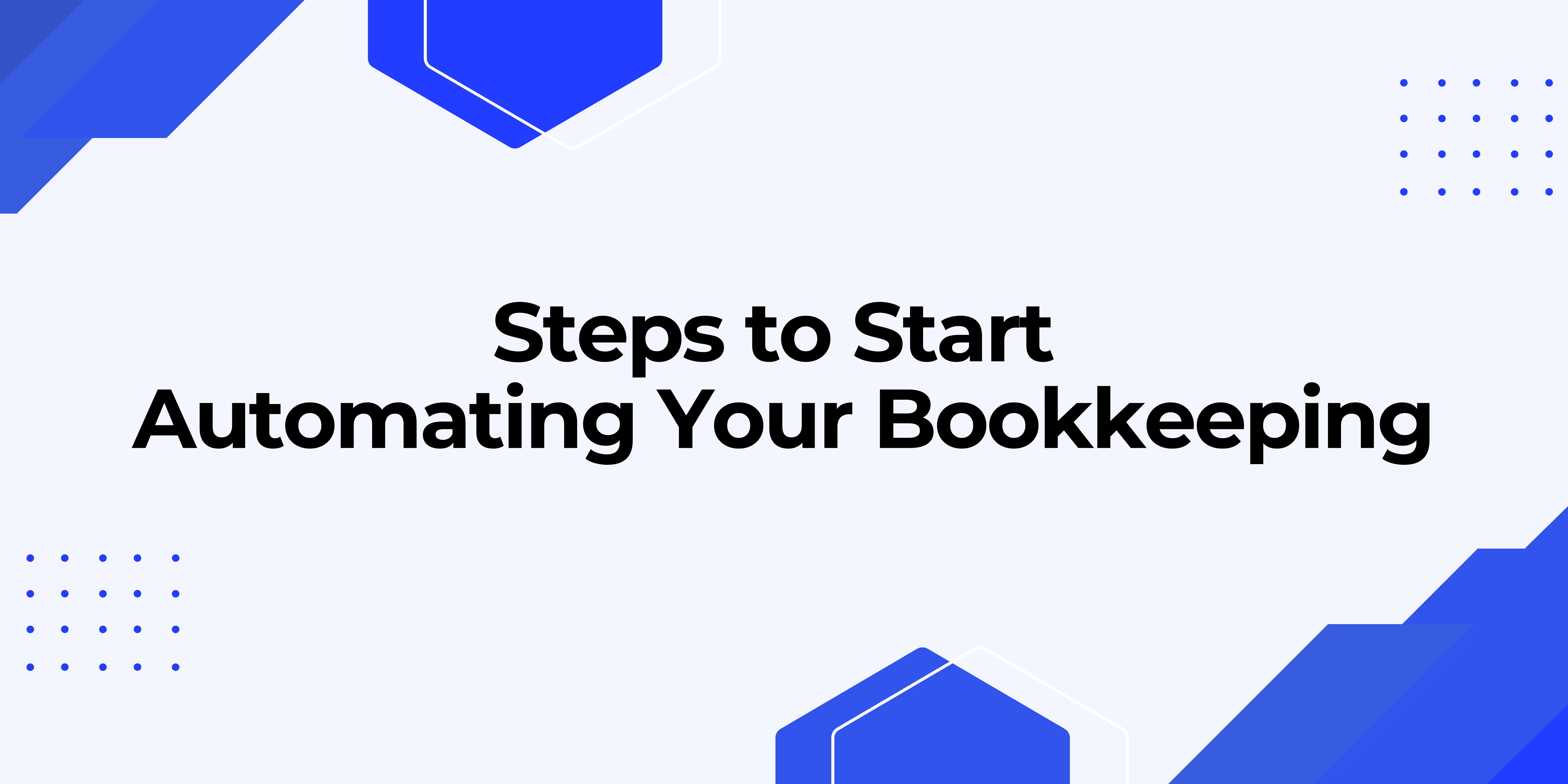
Have you ever dreamed that there were ways of automating your financial records so as to save yourself the endless time and the splitting of the hair? You are not the only one. Most entrepreneurs in small businesses hate bookkeeping since it is time-consuming and cumbersome, though automated bookkeeping is turning the tables. This article will teach you what automated bookkeeping should mean, how it is achieved and why it is a sound decision to take regarding your small business.
Automated bookkeeping leverages advanced software powered by artificial intelligence (AI) to streamline bookkeeping tasks. It eliminates manual data entry, reduces errors, and ensures your financial records stay organized effortlessly.
Think of automated bookkeeping as having a virtual financial assistant working tirelessly around the clock, ensuring your books are always accurate and up to date.
Automated bookkeeping software employs several key features to simplify your financial management:
The yesteryears are past where expenses and invoices are entered manually. The automated bookkeeping software incorporates optical character recognition (OCR) and AI algorithms that scan, read and correctly enter financial information in your accountant into the relevant RECEIPTS, BILLS, and INVOICES that are directly entered into your accounting system.
Bookkeeping software can assign category codes automatically with the benefit (or curse) of the prior categorizations you make. The software also gets wiser and more efficient at grouping transactions in the course of time, further saving more time.
Bank reconciliation is a tedious process. Automated bookkeeping automatically reconciles any difference between what happened in your bank account and what occurred in your accounting books highlighting the differences in an instant so that faults or possible mistakes can be noted within no time.
Even the most careful one, manual bookkeeping is full of mistakes. Automation of bookkeeping will save you a lot of chances of error making sure that your finances are accurate and reliable.
Computerizing bookkeeping saves your time, which was used to do manual recording of transactions and reconciliation. This additional time can be then recycled into strategic business operations, including customer services, app development, and business expansion.
Computerized bookkeeping can give you an immediate picture of what is happening in your business as far as money goes and can enable you to make sound decisions according to the correct and up-to-date figures.
Ready to automate your bookkeeping? Follow these simple steps:
Step 1: Select the Right Automated Bookkeeping Software
Select software that is suitable in relation to the size of the business, the industry and the need at hand. Well-known tools are Otto AI Bookkeeping, QuickBooks.
Step 2: Integrate Your Financial Accounts
Link your banks, credit cards and other finance houses to your preferred software. Such a solution permits syncing in real-time and importing data automatically.
Step 3: Train Your Automated System
You will first be required to make a manual check into categorizing transactions. The software reads on your inputs and the more it is used, the more accurate it is.
Step 4: Regularly Review and Optimize
Periodical inspection is done to make everything on track. Importantly, book aside some time each week or each month to peruse financial reports and streamline your automated bookkeeping procedures.
Read More: Why Having a Bookkeeping System Makes You a Better Creative
Consider Maria, who runs an online boutique. Before automating her bookkeeping, she spent countless hours sorting through receipts and manually entering data. After switching to automated bookkeeping software, Maria saw significant improvements:
Maria now confidently focuses on scaling her business, knowing her finances are well-managed automatically.
When selecting automated bookkeeping services, consider the following factors:
With the development of AI and machine learning technologies, the question concerning whether bookkeeping will someday be completely automated or not exists. Although full automation is just a possibility, it is probable that even in the advent of these technologies, human monitoring will still be essential in terms of finance strategy and detailed work that would need the insight of a human being.
Automation will handle repetitive tasks, empowering business owners and financial professionals to focus more on strategic growth and less on mundane bookkeeping duties.
Automated bookkeeping isn't just a luxury—it's a strategic tool that empowers small businesses to run efficiently, reduce errors, and focus on growth. By automating bookkeeping, you can transform the way your business manages finances, gaining clarity, accuracy, and invaluable time back in your schedule.